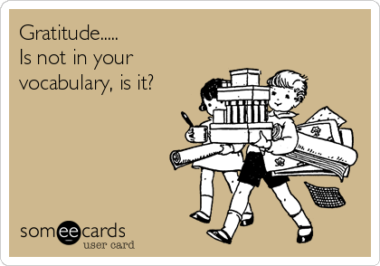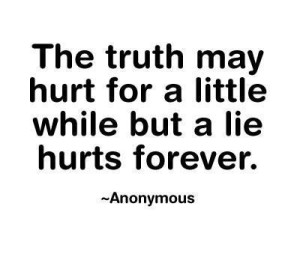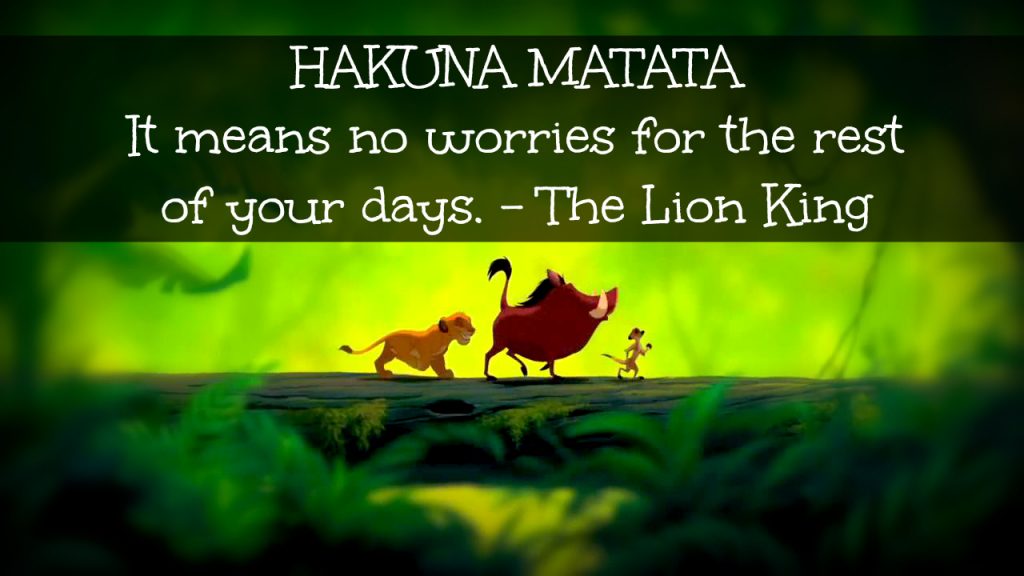
We all know how to be grateful but can we do it in a way that does not conflict with our need for progress? While gratitude is a practice that can lead to abundance and inner peace, too much of it can work against us. Find out how to create that create just the right amount of tension to feel driven, but not so much that we become weary. (Estimated reading time 5 minutes)
“Never, ever rest on your laurels. Today’s laurels are tomorrow’s compost.”
— Tom Peters
Over the last couple of decades, gratitude has become a popular buzz word in the field of personal development. Being grateful is now considered to be one of the most effective ways to create an abundant and joyful state of mind.
According to the metaphysical law, the law of attraction, whatever we focus on expands. If we focus on all the abundance around us, we can attract more prosperity into our lives. On the other hand, if we focus on what’s wrong or missing in our situation, we’ll block anything good from entering our life.
Clearly, gratitude is an essential ingredient for building a successful and healthy mindset. The quality of our life can be significantly enhanced by maintaining a regular gratitude ritual, such as writing a gratitude journal, praying and giving thanks, or training our mind to see the silver lining in any situation.
But could being too grateful possibly deflate our desire for progress? Can we delude ourselves into believing that our life is good enough because we have plenty to be grateful for? Can we experience feelings of guilt when wanting more because we see it as a sign of not being grateful?
The answer is yes. To illustrate how this can play out in real life, let me share a true story of one of my friends.

A close friend of mine from college (let’s call her Jenny) found a job at a Fortune 500 immediately after graduating. Like any other wide-eyed graduate, Jenny was thrilled about the offer and felt extremely lucky about securing a position at this prestigious multi-national firm.
During her first few months of working there, I would touch base with Jenny to see how she was getting along. She confessed that her work was menial and that her boss was making her work very long hours, but she was still grateful and happy. I knew that was not being truthful as I could hear pain in her voice.
Having not see Jenny since she started her job, I hardly recognized her when I finally did meet her. She had gained weight, developed bags under her eyes, and was a shadow of what she used to be. She looked tired, worn out and had lost that signature sparkle in her eyes.
During our conversation, I did not hold back from expressing my concern about her. I urged her to consider finding another job so that she could have a better work-life balance. Fortunately, she took my advice and found a job at a company that offered great opportunities for career growth but also allowed her to have a life outside the office.
This story shows how people can use gratitude to hide from the truth of their life and avoid making the changes that they know they need to make. This also implies that gratitude is a practice that can help us, only if it’s complemented with self-awareness and honesty about our life situation.

This issue also reminds me of a scene from the Disney animated movie The Lion King, where Mufasa’s spirit approaches Simba to remind him that “he is more than what he’s become”. After being exiled from his kingdom, Simba slipped into a state of complacency and lived the “Hakuna Matata” philosophy of life to escape from his past. When he came of age, Mufasa’s spirit stepped in to tell him that he needs to get out of his comfort zone and step up to the plate, if he wants to take his rightful place as king.
There may have been several points in our life when we felt like Simba. Our complacency might have led us to bury our heads in the sand and allow things to happen without our intervention. It’s this kind of attitude that can cause a person to settle for less in life and gradually lose his or her sense of ambition.
The good news is that we can turn things around by learning how to maintain a balance between the steadiness of a grateful state and the strong tug of our goals. The trick is to create just the right amount of tension to feel driven, but not so much that we become weary.

Here are some ideas on how to be grateful without getting too complacent:
1. Set challenging goals and remind yourself of them on a daily basis: Goal setting is a must if we want to achieve success in any area of life. Goals make dreams real, tangible and attainable. There’s lots of great material on goal-setting. Some of my favorite books on this topic are by Brian Tracy and Jack Canfield. Try writing your goals down in a notepad on a daily basis to reinforce their importance.
2. Acknowledge your progress and milestones: Acknowledging your progress will keep you motivated. Most people have a tendency of wanting the ‘whole enchilada’ as soon as possible. However, sometimes our goals take time to unfold. During this process, it’s important to reward ourselves for the progress and small successes we achieve along the way, if we want to feel good about our efforts.
3. Balance your life with relaxation and play: While attempting to achieve our goals, it’s important to create a balanced life by making time for relaxation and play. Without this there is a high chance that we will burn out and crash, just as my friend Jenny did. You can learn about creating balance in this post.
4. Have lots of self-compassion: You will inevitably face challenges and make mistakes along the way. Accept that this is a necessary part of your learning curve and don’t beat yourself up for it. Remind yourself that the reason why you are putting yourself out there is because you believe that you are worthy of living your best life, and not because you are broken and need to be fixed.
5. Maintain a practice of gratitude: While we’re engaged in all the above activities and we shift towards healthier perspectives, we’ll be in a better place to connect to a genuine sense of gratitude, because we have developed a strong internal foundation and an exciting vision for our life.
William Arthur Ward once said that “feeling gratitude and not expressing it is like wrapping a present and not giving it”. I believe that if we wrap this present up with a true sense of who we are and what we stand for, we can make the gift so much more special.
All my best on your journey,
Seline
Question for you: What role does gratitude play in your life? Has it had any effect on your sense of ambition and your drive?
Did you like this post? Sign up below and I’ll send you more awesome posts like this every week.

The self-compassion part really hit hard for me. I am my own worst critic in every area of my life. I am so hard on myself and always feel like I am failing and letting people down. So much so that when I do actually fail it is ten times worse for me because I am even harder on myself! It’s rough but I am trying to work myself out of this way of thinking.